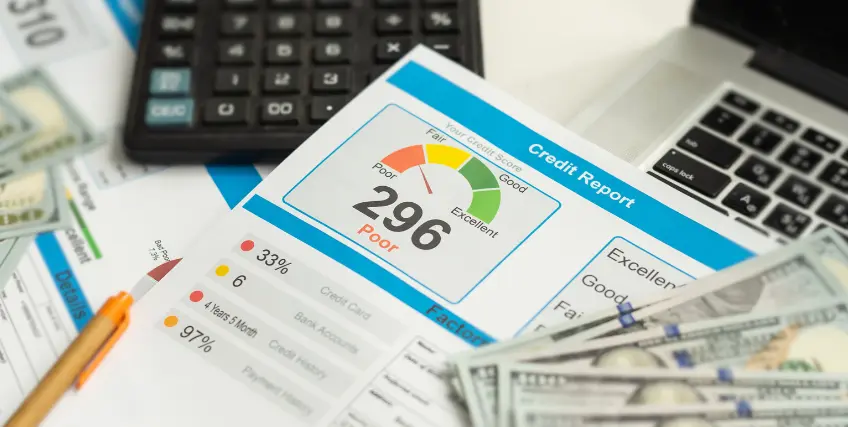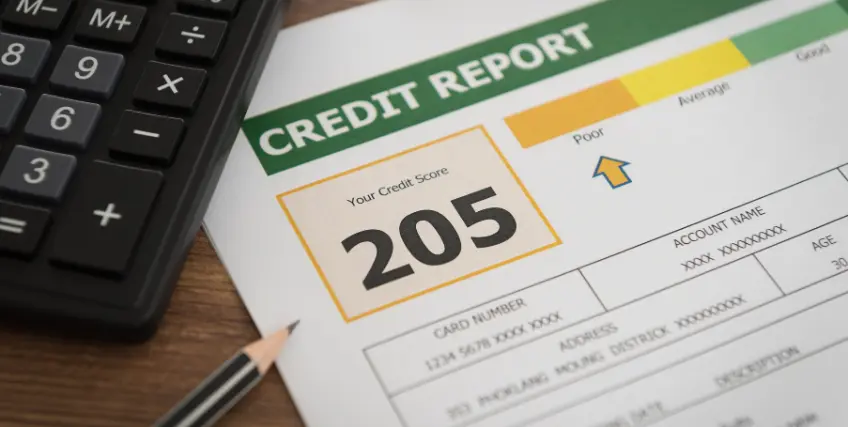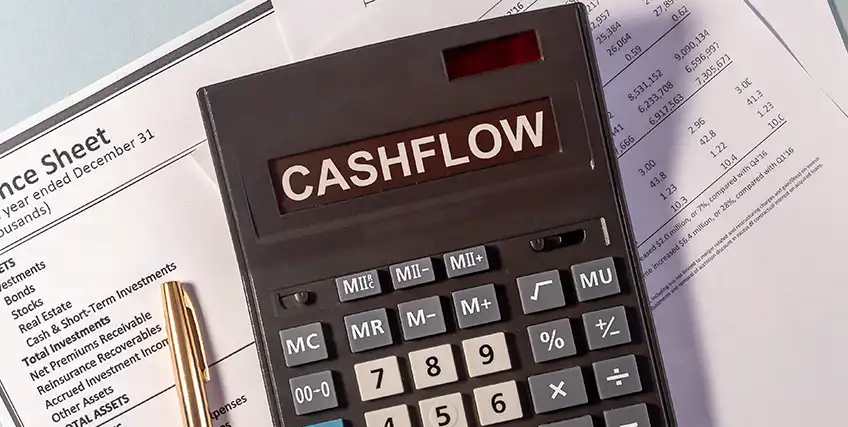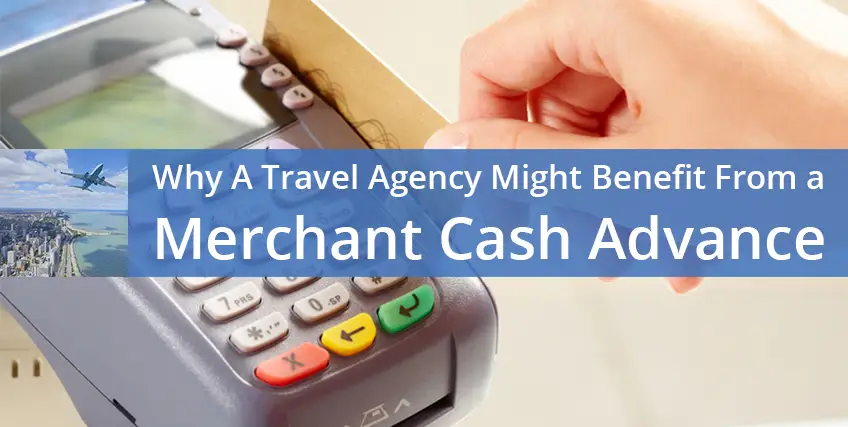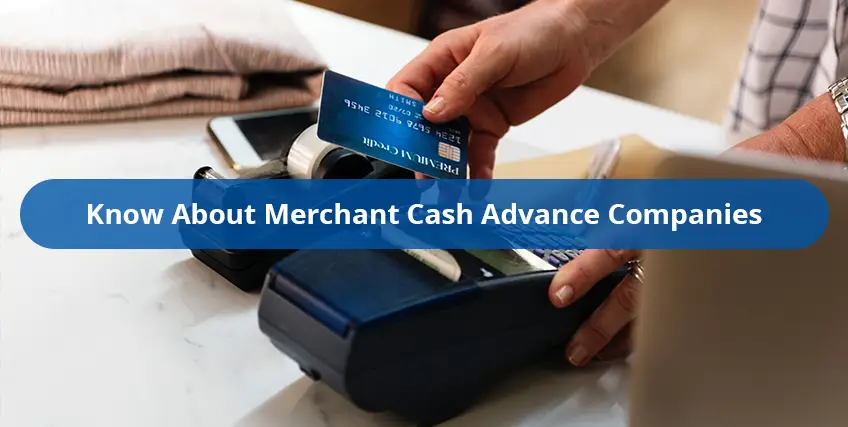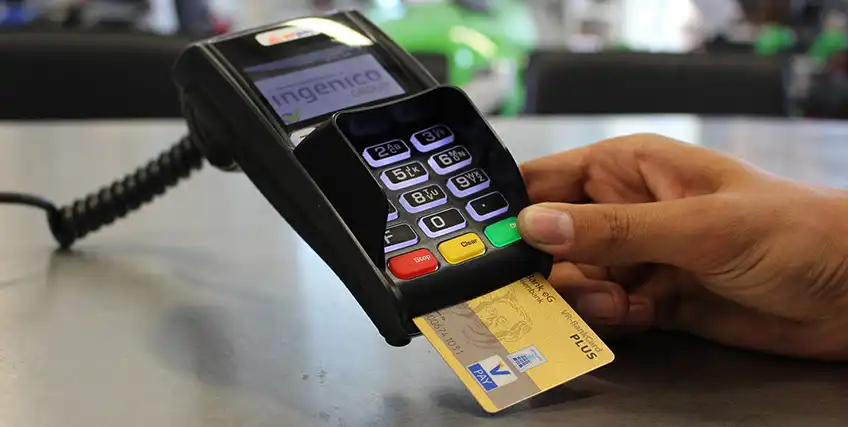Merchant Cash Advances - What You Need To Know
January 08, 2025 | Last Updated on: January 08, 2025

There are millions of them that accept credit and debit cards as a form of payment, and those businesses need some way to get their money from the customer’s bank to their own. These payments are facilitated by companies called merchant processors, payment processors, or sometimes merchant acquiring banks. These organizations move funds between the customer’s bank and the bank of the acceptor for a fee – also known as interchange.
The processing companies may offer additional financial services in the form of merchant cash advances (or MCA funding), which can be attractive to a business because they allow a lump sum payment before the credit card income is received. Like anything money-related, merchant advances aren’t always the best option for a business owner’s circumstances.
Here’s what you need to know about how merchant cash advances work and when they might be a good option for a business or a bad one.
What are Merchant Cash Advances?
A merchant cash advance isn’t all that different from a consumer cash advance: a small business merchant cash advance provides funds directly into a business bank account based on estimated future income. The lender will then receive a fee or interest in return. Instead, the merchant cash advance company simply takes its “cut” using a factor rate from the daily card income that the company generates. Also, unlike consumer advances, merchant cash advance companies do not consider themselves lenders. Their services are described more as selling future credit card transactions.
Merchant cash advances are a solid business financing option because repayment amounts correspond directly with the revenue generated by the business. If sales slow and income dips, so do the payments to the merchant cash advance company.
Advances can be easier and faster to obtain than loans are, because there may not be the typical credit approval and processing requirements. Merchant cash advance companies generally look at business performance and revenue generation more than personal credit scores. This means that business owners who might not qualify for a traditional loan may lean towards using a merchant cash advance.
Benefits of MCA
There are many reasons that a merchant cash advance may be an attractive option for a business in need of funding:
- Speed – Merchant cash advances don’t have to follow the loan credit and application process, which means that advances are typically much faster than more traditional loans.
- Flexibility – Since the merchant cash advance is not a loan and is considered a sale of monthly revenue, the advanced funds can be used for any purpose. Loans are usually tied to a specific purpose and can only be used as agreed, but merchant cash advances are free and clear of those restrictions. This makes them a useful option for a small business owner in need of short-term funds.
- Repayment – The repayment of a merchant cash advance is dependent on the amount of revenue being generated. Unlike a loan with a fixed loan amount and repayment schedule, MCA funding doesn’t have a set payment every month, instead relying on a percentage of sales volume. The payments are taken automatically from daily or monthly credit card sales and will decrease with any dips in those sales numbers.
Downsides of MCA Funding
Nothing comes without a price, and merchant cash advances aren’t immune to their share of downsides:
- Cost – Fees charged by MCA providers can easily surpass those of a typical loan or line of credit. This could cost the business owner more over time. Payday loans take a deserved bad rap, because they cost consumers dearly – sometimes in the triple-digit percentage point range in interest rates. Merchant cash advances can be very similar in their fee structure on an annual basis, so it’s important to weigh those costs carefully.
- Repayment – Since merchant cash advances can be obtained by business owners that have less than stellar credit histories, they are more susceptible to monthly payments being a financial burden. A business having trouble managing other parts of their finances will have issues managing their card revenues as well.
- Advance amount – A merchant cash advance may not give you the amount of funds you need. If you’re aiming for a specific amount to borrow rather than it be determined by daily sales or future receivables, a traditional term loan may be a better option.
Right Time for a Merchant Cash Advance
Merchant cash advances can have considerable costs attached to them compared to a traditional bank loan or business line of credit, so the business owner must weigh their options carefully before proceeding.
There is no specific “right time” for a merchant cash advance, but if your business needs a short-term loan, an MCA could be a helpful type of financing in a pinch if your accounts receivable is strong.
Final Thoughts
With any small business loan, the costs and risks need to be considered carefully before moving forward. Merchant cash advances are particularly enticing because they offer quick funds for working capital, easy approval, and automatic repayment, but that convenience comes at a cost that many business owners don’t understand.
A business that is able to support themselves without relying completely or mostly on their card revenues may be in a great position to take advantage of a MCA loan, but one that is struggling and need a funding option from credit card sales may find that the costs and repayment terms of an advance may be a crippling liability for months to come.
FAQs about Merchant Cash Advances
What is MCA funding?
MCA funding (Merchant Cash Advance) is a type of business funding for small businesses where an owner receives a lump sum payment in exchange for a percentage of its future sales or revenue.
Are merchant cash advances a good idea?
Merchant cash advances can be a great alternative to a business loan. It’s great for businesses needing quick, flexible funding, especially if they have inconsistent cash flow.
How do I qualify for MCA funding?
Businesses need to show a flow of credit card sales or debit card sales, as the advance is repaid through a percentage of future revenue. Lenders may also look at other factors like existing debt obligations, whether the borrower has good credit or bad credit, and recent bank statements.
How do I apply for Merchant Cash Advance funding?
The application process for Merchant Cash Advance is like a traditional loan. You will submit your business information and accounts receivable to the lender, where they will evaluate your business needs and eligibility.
How does a business cash advance work?
A business cash advance is a type of funding that provides a cash lump sum to a business in exchange for a percentage of future sales. This can be collected on a daily or weekly basis.
Frequent searches leading to this page
cash advance, business loan, business funding, merchant advance, working capital loan, business finance
Recent Articles
Related Articles

Can You Renegotiate Terms on MCA Cash Financing After a Default? What Business Owners Need to Know
November 27, 2024

Business Loan or Merchant Loan? Understanding Loan Options for Your Business
November 25, 2024

Avoiding the Debt Trap: How Stacking MCA Business Financing Can Hurt Your Business Credit
November 7, 2024

Why MCA Business Funding May Be Ideal for Retailers Looking to Expand Inventory
November 5, 2024

Merchant Cash Advance vs. Asset-Based Lending: Which is Right for Your Business?
January 10, 2025

Merchant Cash Advance vs. Traditional Business Loans: Which is Right for Your Business?
January 10, 2025

Merchant Cash Advance vs. Line of Credit: Which is Right for Your Business?
January 9, 2025

5 Things Every Small Business Owner Wishes They Had Known When They Started
January 9, 2025









